PTAB - Primary Trustworthy Digital Repository Authorisation Body Ltd (original) (raw)

What would you do if the people and systems to which you entrust your digital capital let you down?
Which repositories are TRUSTWORTHY?
Increasing your knowledge also increases your job prospects in the future as you progress through your career.
PTAB, incorporated by the same experienced international group of digital preservation experts who developed ISO standards 14721, 16363 and 16919, has been accredited by the National Accreditation Board for Certification Bodies of India (NABCB) to conduct ISO 16363 audits worldwide utilizing ISO standard 17021, as extended by ISO 16919. ISO processes ensure that any approved audit organisation accredited by a National Accreditation Board, may conduct audits worldwide and any certification that body grants, is accepted worldwide.
To apply for an audit please complete the application form. The audit process can be summarised by the diagram below – click to see a larger version. For more details click here.
Three standards form a closely related family important in establishing an internationally recognised and certified set of trustworthy digital repositories. All were created by the members the Primary Trustworthy Digital Repository Authorisation Body (PTAB):
- ISO 14721:2025 also known as CCSDS 650.0-M-3 (OAIS – a reference model for what is required for an archive to provide long-term preservation of digital information)
- ISO 16363:2025 also known as CCSDS 652.0-M-2 (Audit and certification of trustworthy digital repositories – sets out comprehensive metrics for what an archive must do, based on OAIS)
- ISO 16919:2025 also known as CCSDS 652.1-M-3 (Requirements for bodies providing audit and certification of candidate trustworthy digital repositories – specifies the competencies and requirements on auditing bodies)
An understanding of their principles and use will become increasingly important. This site is the prime source of information about ISO audit and certification of trustworthy digital repositories.
- OAIS (ISO 14721), ISO 16363 and others updated
Reference Model for an Open Archival Information System (OAIS), otherwise known as ISO 14721, ... - ETERNAL RDC-Arq Digital Repository in Brazil awarded ISO 16363 certification
PTAB can announce that the ETERNAL RDC-Arq Digital Repository has been awarded global ISO ... - Dinesh Katre awarded 2020 Emmett Leahy Award
Dinesh Katre was awarded the Emmett Leahy award for Outstanding Contributions and Accomplishments that ... - COVID-19 emergency: Remote Audits are available
The pandemic means that physical visits to repositories, as required by for a Stage ... - Pre-assessment service available for ISO 16363
Pre-assessment is a way for you to find out quickly and easily what the ... - Surprising results from OAIS Quiz
The digital world is getting more complex and interrelated, and we are all dependent on ... - Video of PTAB insights into GPO audit now available
Viewers will learn how the ISO 16363 audit of GPO was carried out in ... - On-line personal training
New courses with on-line lecturer are now available. - USGPO receives ISO 16363 certification
The US Government Publishing Office Govinfo repository has been awarded global ISO 16363 ... - First repository in the world has been awarded ISO 16363 certification
The National Cultural AudioVisual Archives (NCAA), hosted by the Indira Gandhi National Centre for ...
Digital preservation is not a simple task. Since at least 1995 there has been a demand for a way to judge whether a repository is doing it properly. Funders of repositories and those who entrust their valuable digitally encoded information to them urgently need to know whether their funds and their faith is well founded. Stakeholders need to know if the repository is worthy of trust.
The digital holdings could for example be the entire intellectual capital of an enterprise or the results obtained from many research careers and billions of Euros/Dollars.
Their loss could be catastrophic and certification provides:
For those who fund repositories or who deposit their valuable resources
- reassurance where it is warranted – and warnings where trust is not warranted.
- gives comfort that someone besides the repository managers can tell them that the repository has (or has not) been doing a good job
- this goes beyond simply how well the bits will be preserved, instead the reassurance is that the digitally encoded information will be usable into the future
- rather than a simple yes or no, the audit identifies areas which need improvement
For repository managers
- something to show to funders and users
- advice on where improvements are needed
HOW PTAB CAN HELP?
PTAB members have been carrying out training courses for external participants and in-house/on-site in both scientific and memory institutions. Because PTAB is passionate about protecting the integrity of the standards, the tutors teaching the courses are the authors of the standards, ensuring the information imparted is accurate and authoritative.
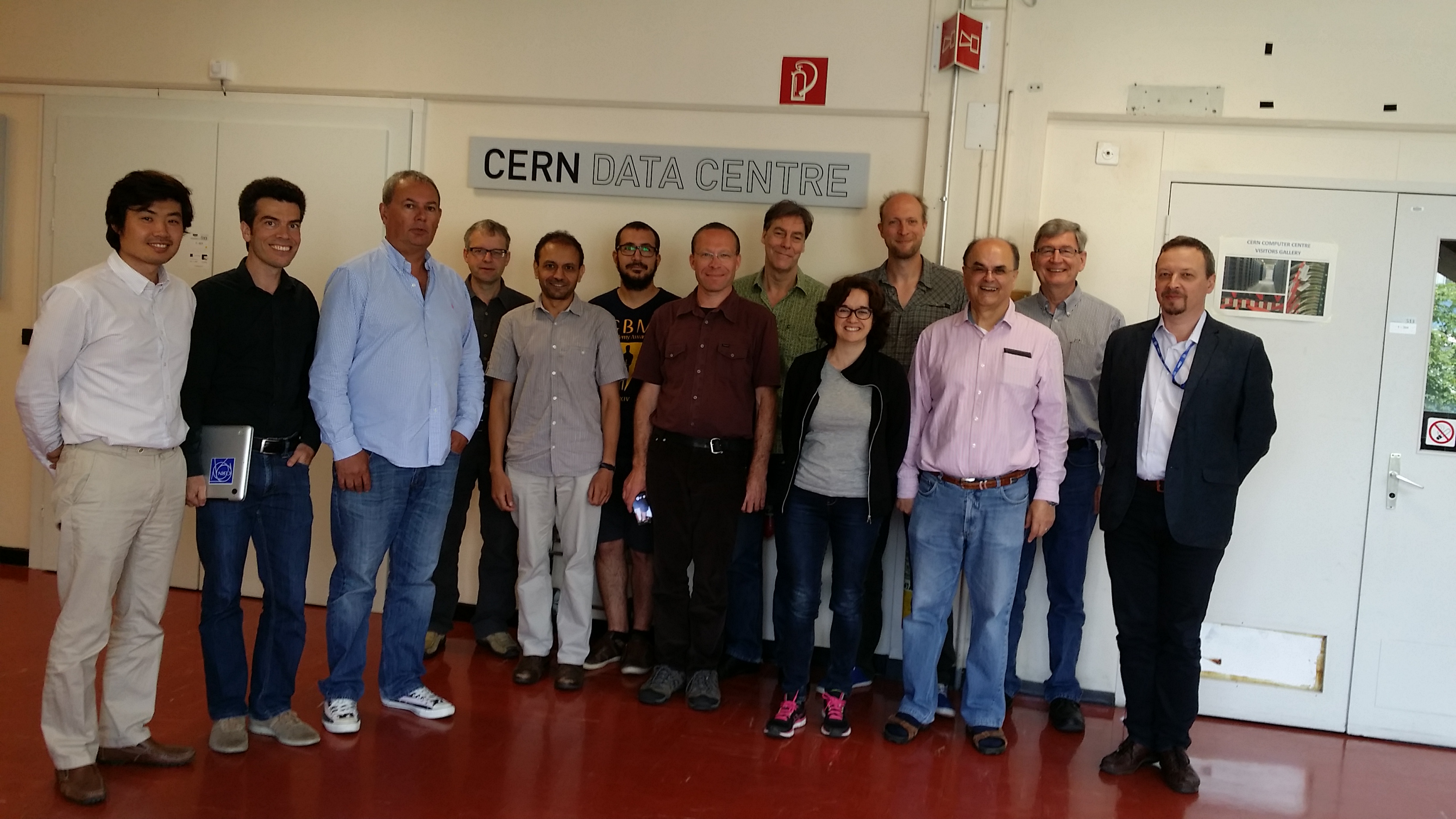
Attendees at the course at CERN, June 2015
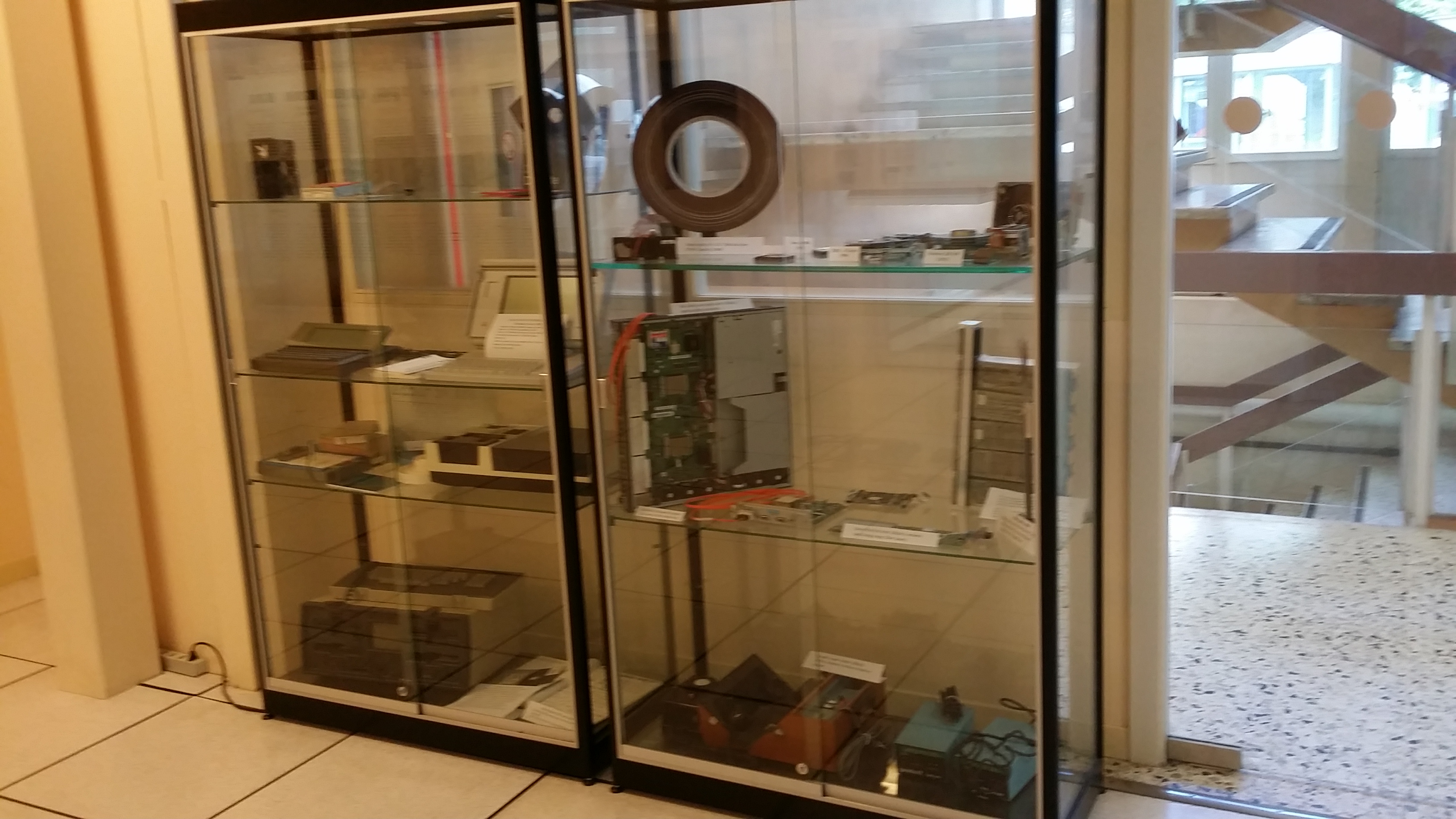
Part of the computer museum at CERN
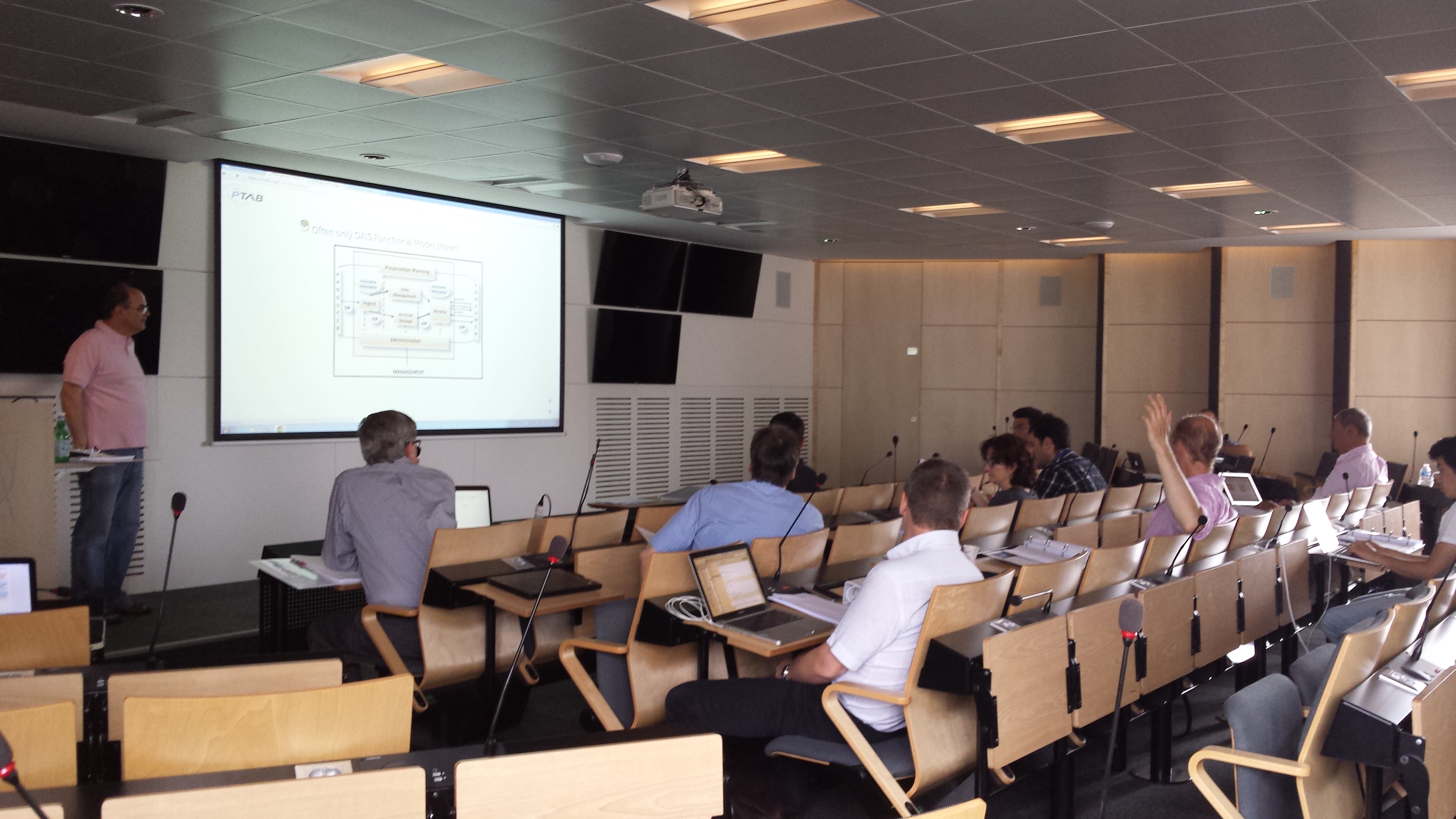
During the course at CERN June 2015

Looking down at part of the CERN computer centre
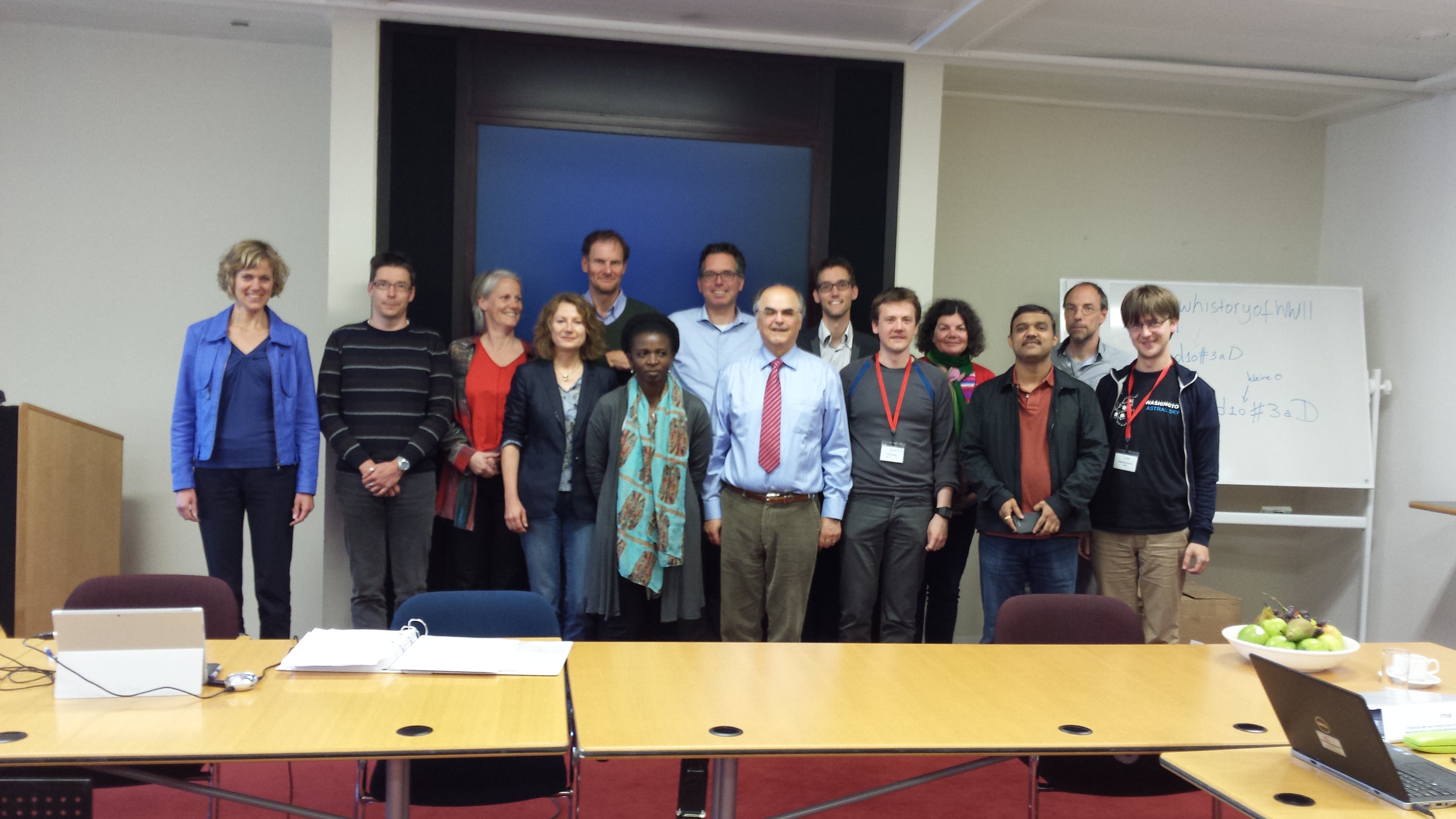
Attendees at the course at The Hague, May 2015
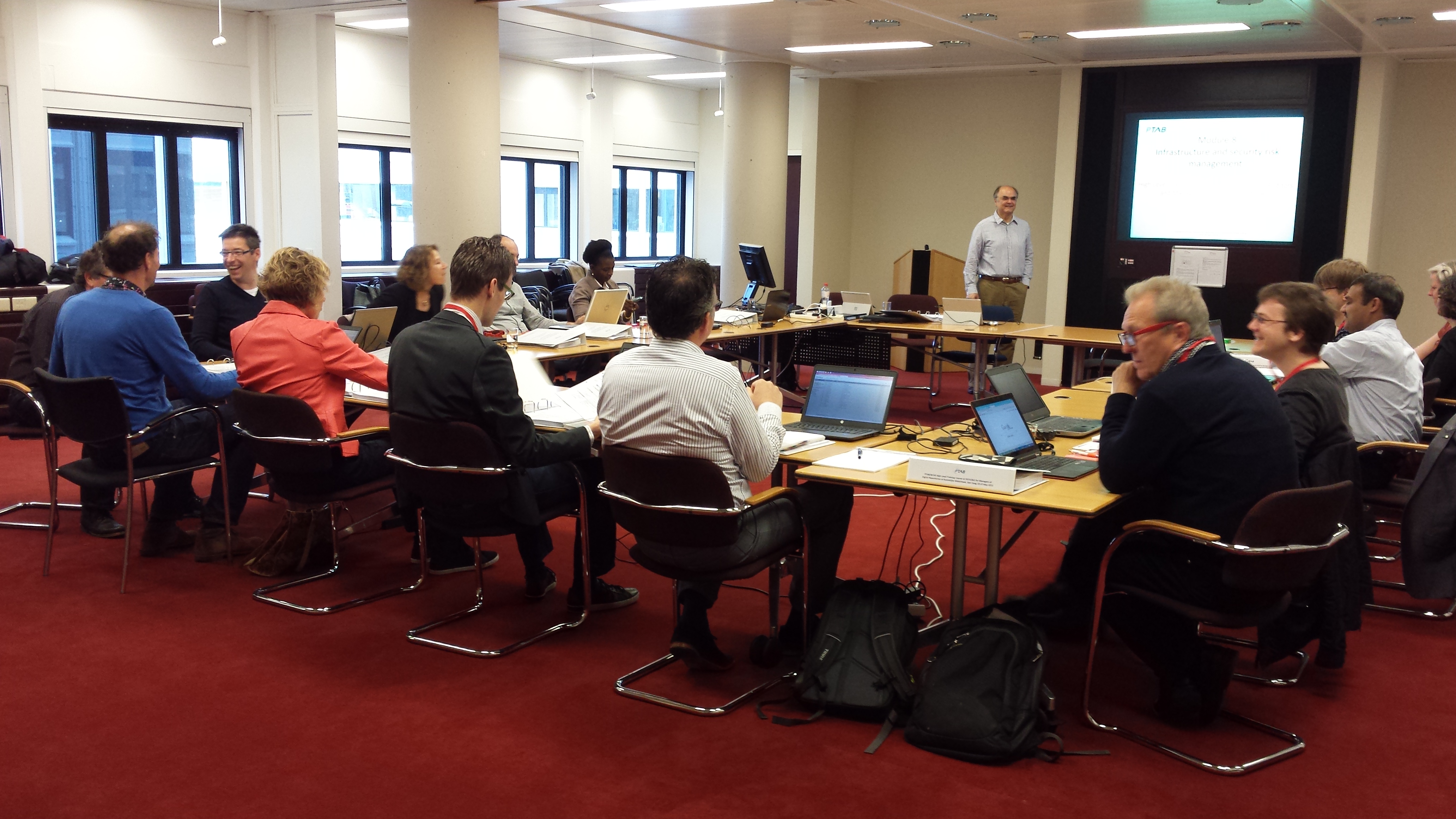
During the course at The Hague
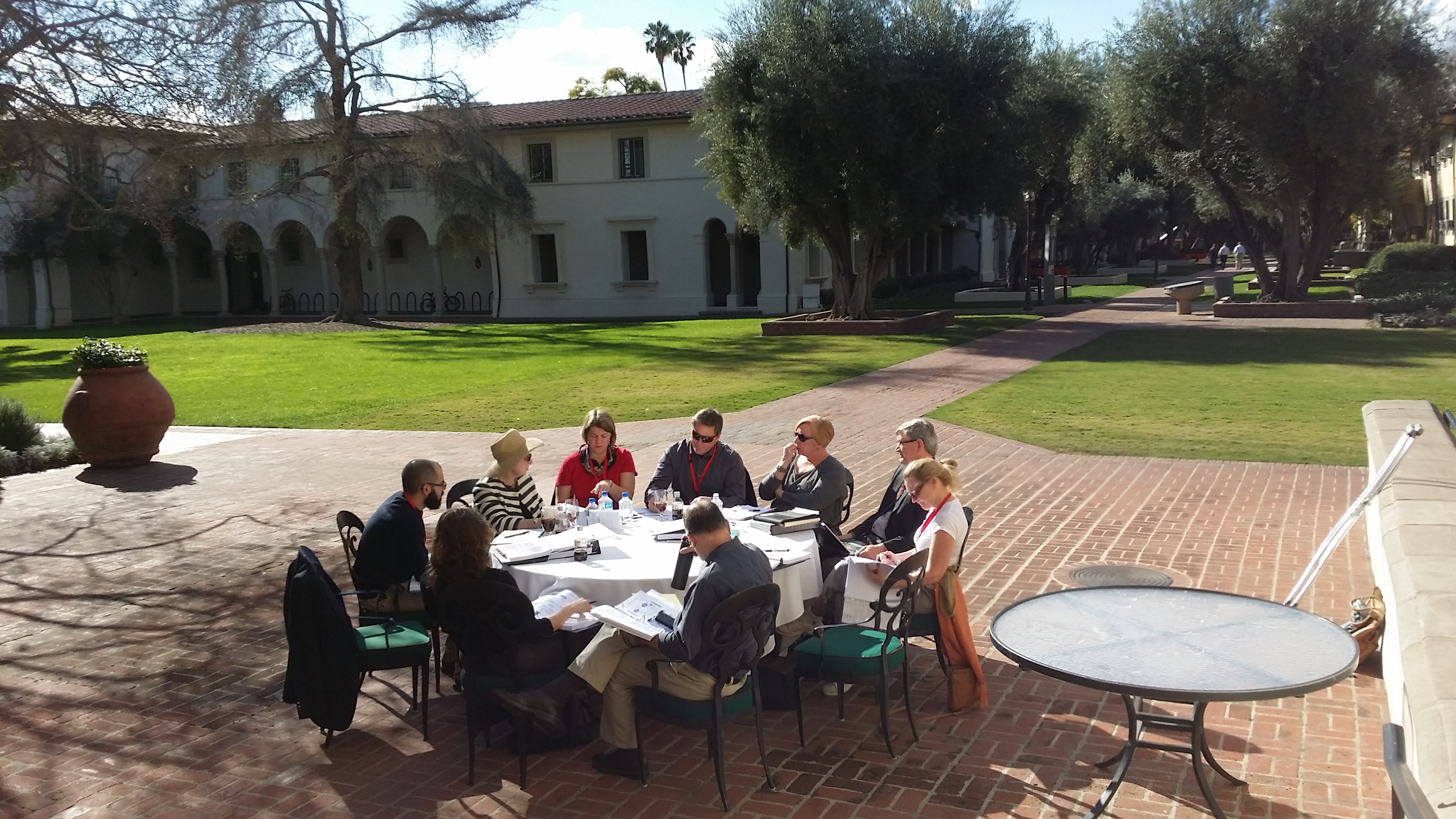
Attendees at the course at CalTech, January 2015
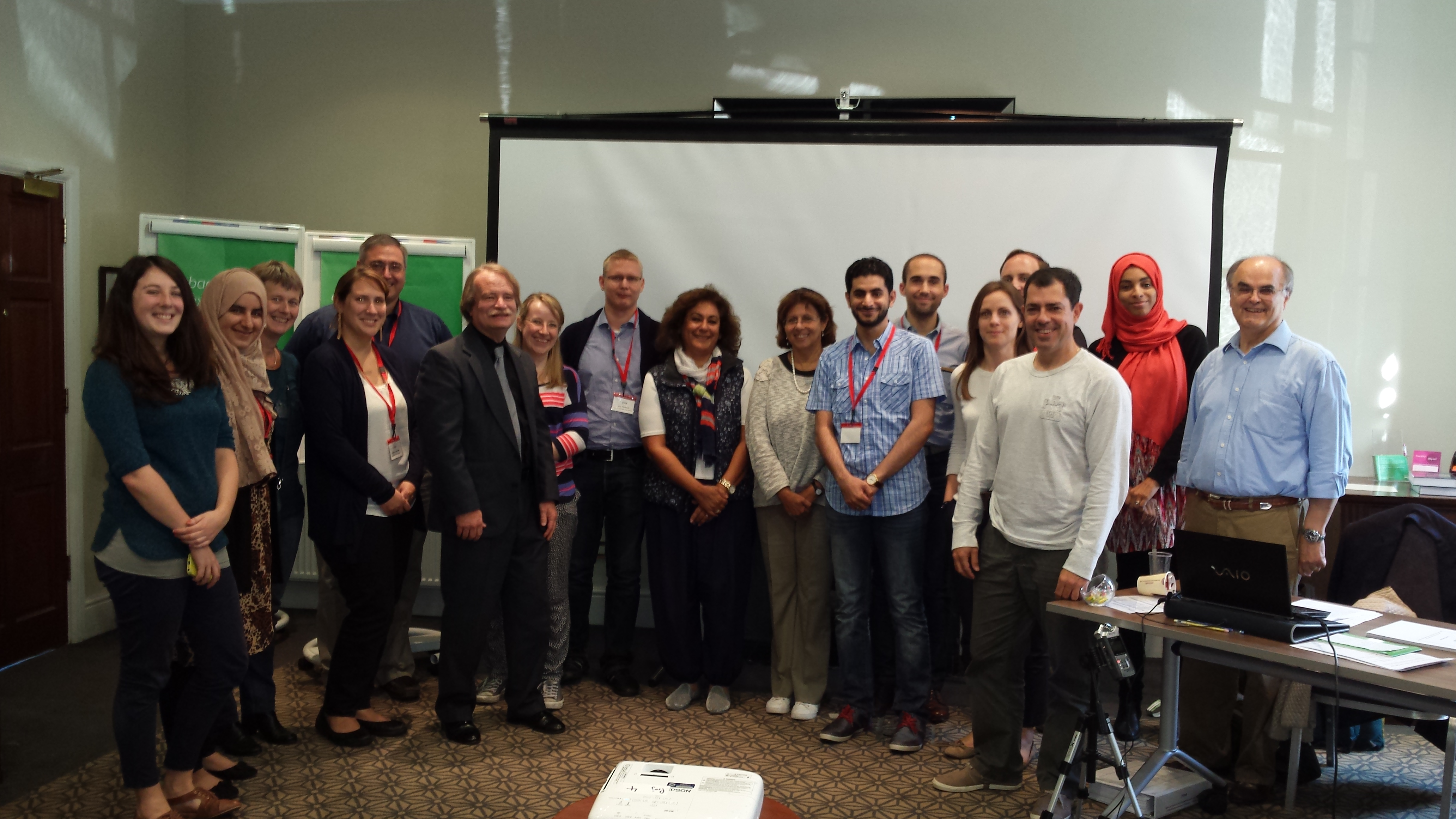
Attendees at the course at Greenwich, October 2014

Relaxing after a hard day at the Greenwich course

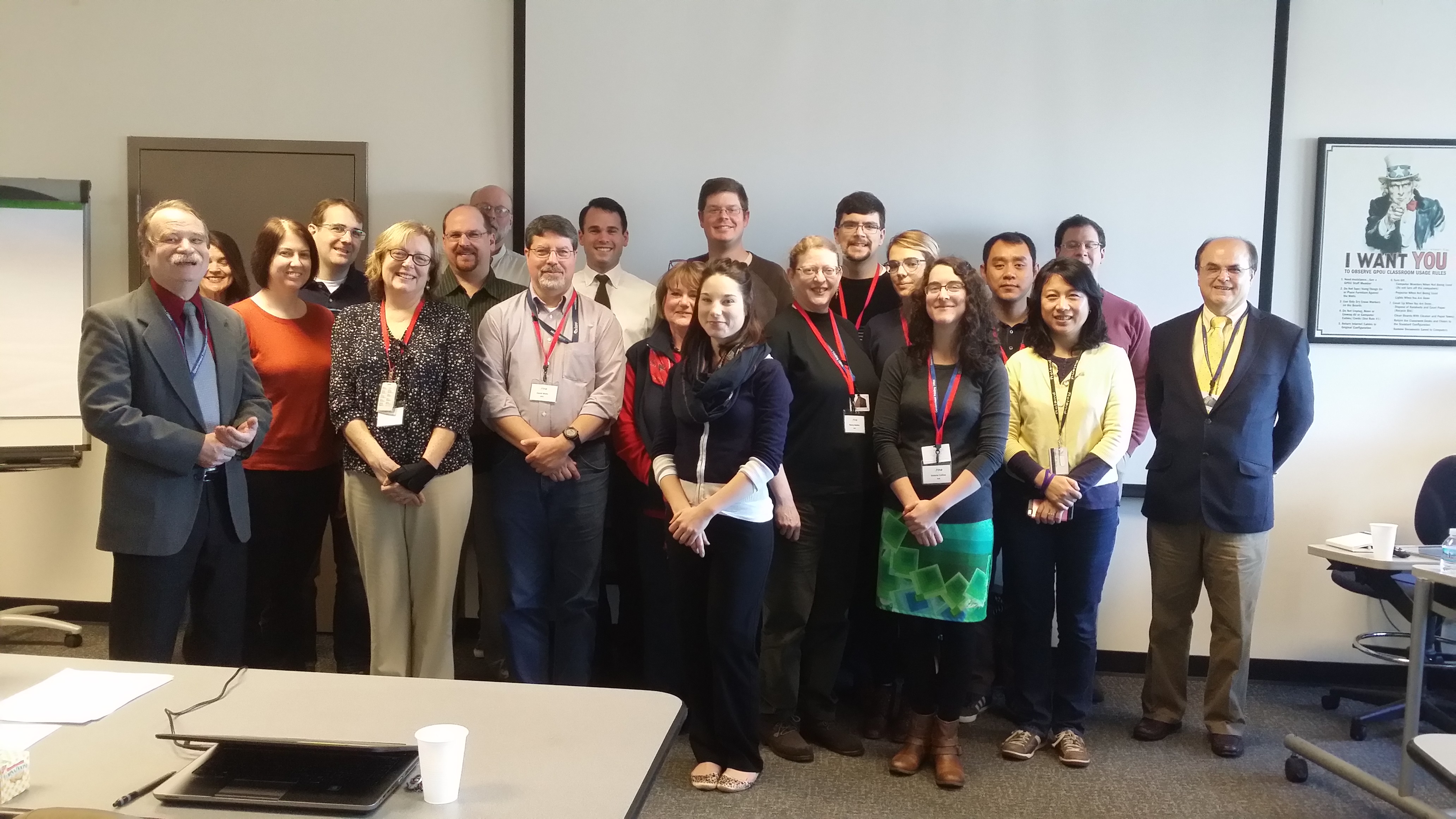
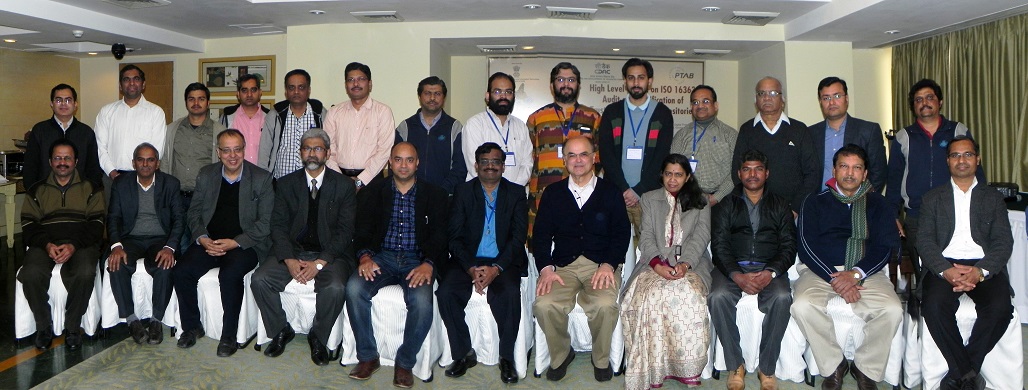
Attendees at the course in New Delhi, January 2017
What attendees said about the course:
Faye Lemay, Manager, Digital Stewardship, Library and Archives Canada, said:
‘Yes, it helped me immensely and am leaving with lots of ideas for improvements at LAC.’
Maria LaCalle, Internet Archive, said:
Such a wonderful opportunity to hear from the leaders in this field. Best part of the course.
I felt like I understand the requirements very clearly now.
Discussions were excellent and added a lot to the course. Improving the slides would be a good thing to do as well.
I really enjoyed the course! Thank you for your work putting this together. I think this will go a long way towards helping institutions understand ISO 16363…
Stefan Elnabli, Northwestern University Library, said:
Thanks you for the in depth course. Instructors fostered a dynamic learning environment that inspired the group to engage. As a result I learned a lot from other attendees
ADVANTAGES OF ISO 16363 CERTIFICATION
ISO standards form an international system of checks and cross-checks to ensure a consistent system of assessment – the repositories are audited by auditors who are accredited by accreditation bodies. At each stage there are standards against which each can be judged. The ISO process is well tested and underpins the safety, reliability and quality of the services and products on which we depend in all aspects of our lives. ISO 16363 audits are part of this well tested process to enable a repository to demonstrate trustworthy and responsible data management and stewardship. They provide digital repositories of all sizes with direction for demonstrating their adherence to quality and consistency, respect for data integrity, and a commitment to the long-term preservation of and access to the information entrusted to their care.
Gaining ISO 16363 certification allows a repository to show that it can play a part in the vision embodied in former EU Commissioner Neelie Kroes statement “**Just as oil was likened to black gold, data takes on a new importance and value in the digital age. Data is the new gold – let’s start mining it**“.
- To ask further questions use the Contact Us form.
- To go on a course click here
- To register an interest in a course fill in this form
- To contribute to the discussions about OAIS developments go to the OAIS review site
